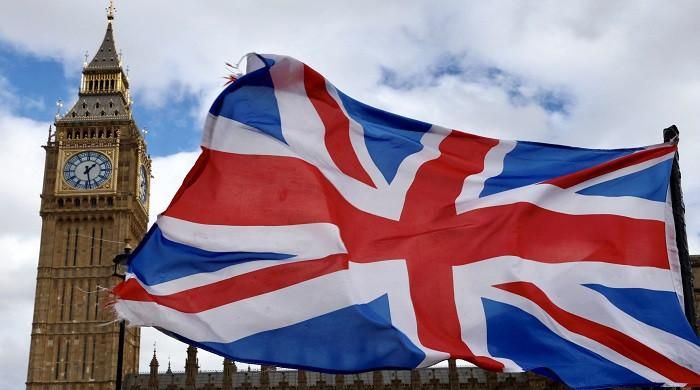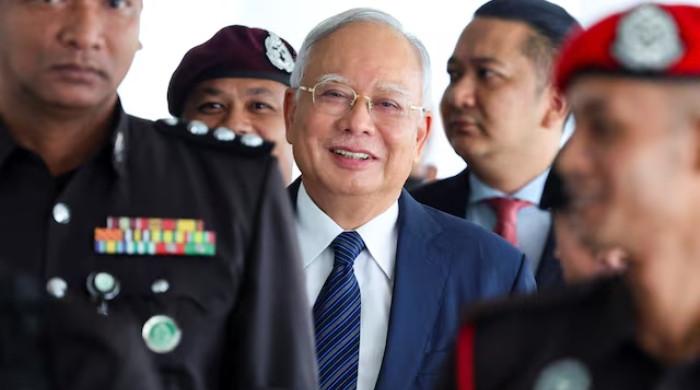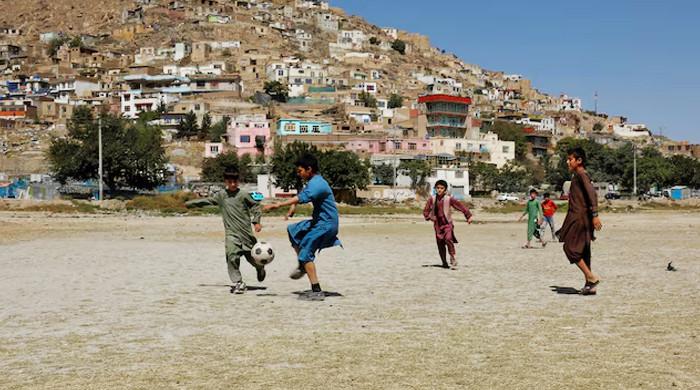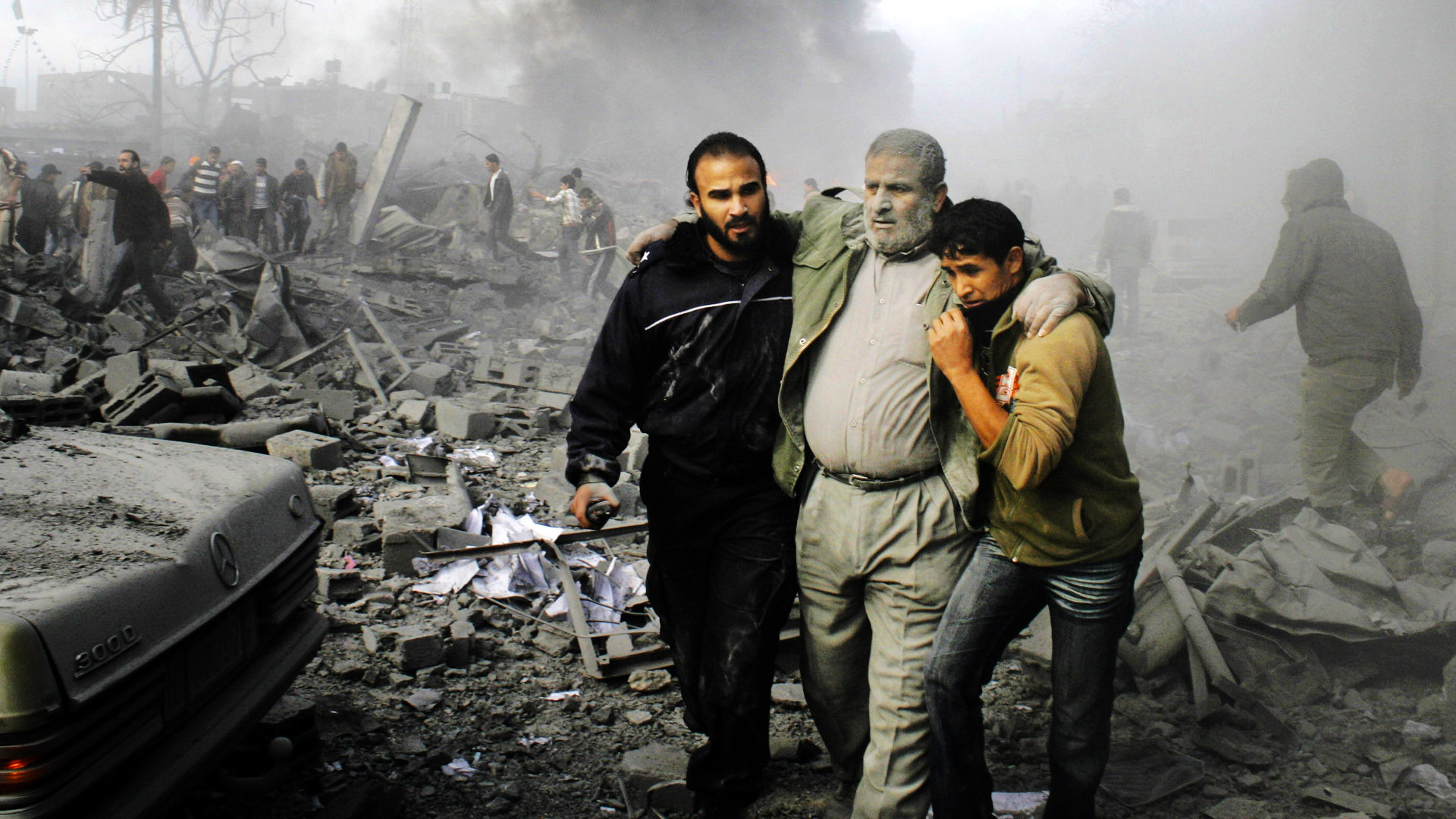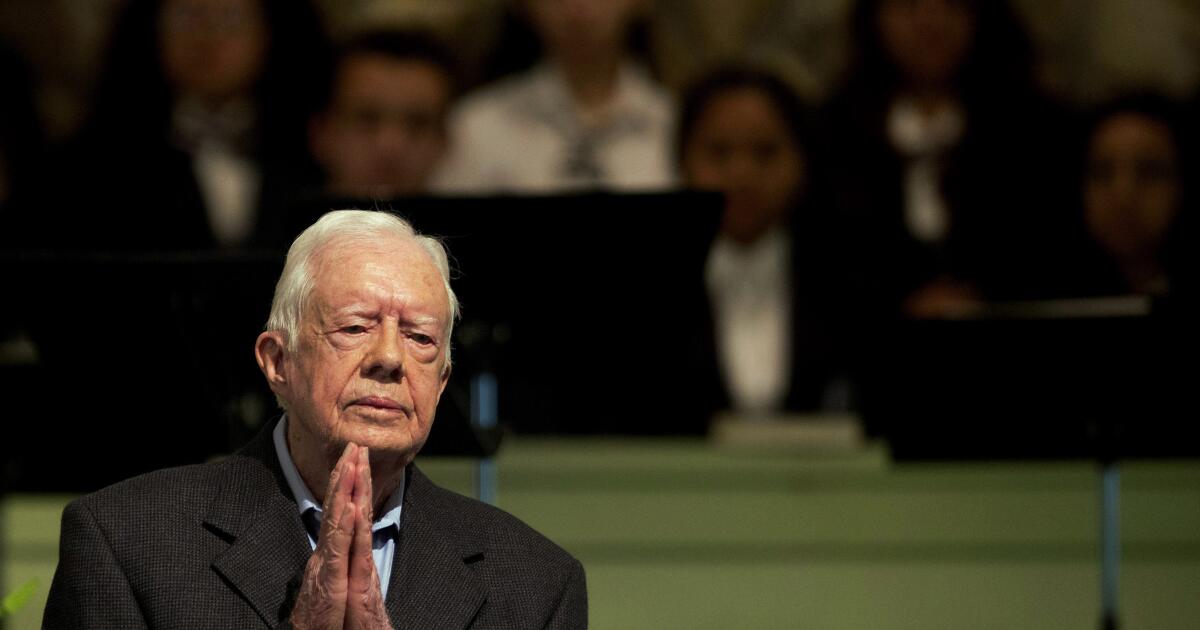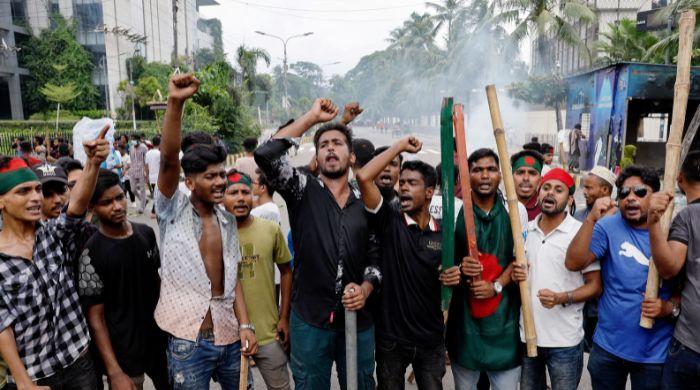Keir Starmer's first month in office will be a whirlwind of international diplomacy, including meetings with US President Joe Biden and European leaders.
His first steps on the world stage will come in just a few days, at the NATO 75th anniversary summit in Washington on Tuesday and Thursday.
Starmer will then host a meeting of the European Political Community at Blenheim Palace near Oxford in central England on July 18, which is expected to be attended by France's Emmanuel Macron and Germany's Olaf Scholz.
The Labour Party, out of power since 2010, has promised a foreign policy of “progressive realism” and sees a more volatile world “not as we would like it to be,” said David Lammy, who is expected to become foreign secretary.
The party has also pledged to “make Brexit work” and seek an “ambitious” security pact with the European Union.
Here's a summary of how a Labour government might tackle the major international issues it faces.
Conflict between Israel and Palestine
The Labour Party says it is committed to recognising a Palestinian state “as a contribution to a renewed peace process resulting in a two-state solution”, but has not set any timeframe for doing so.
Other commitments include pushing for an immediate ceasefire, the release of all hostages and an increase in the amount of aid reaching Gaza.
Porcelain
The Labour Party would undertake a “full audit” across all government departments of the UK's relationship with China to “set the direction and course” of its China policy, Lammy told reporters this week.
Starmer said last year that the UK needed to “decouple” from China on issues such as trade and technology, although he acknowledged the importance of being able to cooperate on issues such as tackling climate change.
The challenge will be to balance the UK's commercial and economic interests with security imperatives.
This could be complicated by a possible return of Donald Trump to Washington after the US presidential election in November.
Trump would be expected to increase pressure on allies to be tougher on Beijing.
Europe
Starmer has pledged to work with France's far-right National Rally (RN) party if it comes to power.
“I will work with any government in Europe and the world if we are elected… For me, that is what a serious government means,” he said.
He said both bilateral deals with France and agreements with the wider EU, which the UK voted to leave in 2016, leading to a messy divorce, were important to tackle the problem of migrants crossing the Channel in small boats.
Asked about RN leader Marine Le Pen's preference for bilateral rather than EU-wide deals, Starmer said the two were not mutually exclusive.
He said existing bilateral agreements with France needed to be strengthened and improved “particularly in relation to the destruction of gangs engaged in the vile business of putting people on boats.”
“But there are also measures from the EU,” he added. “The security agreement that we want with the EU regarding the fight against trafficking gangs is really important.”
Ukraine
The UK has been one of kyiv's staunchest supporters, providing money, weapons and troop training to help it repel the Russian invasion.
Labour has stressed that it will continue to support Ukraine if it wins, and Starmer is expected to meet Ukrainian President Volodymyr Zelensky early this month to reinforce that message in person.
Starmer said a meeting with Russian President Vladimir Putin was “simply not an issue” at the moment and described him as “the aggressor in Ukraine”.
“The most important thing is to be absolutely clear that our support for Ukraine is a united front in this country,” he said.
Defense spending
During the first year of government, a strategic review of defence will be carried out to establish a path towards increasing defence spending to 2.5 percent of GDP.

